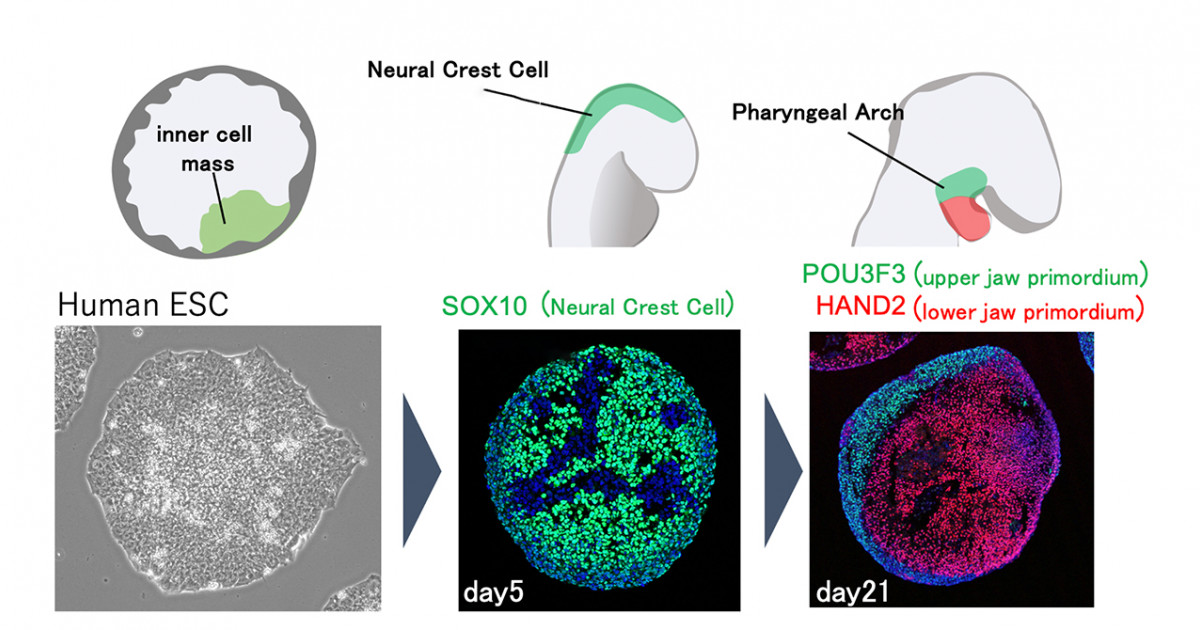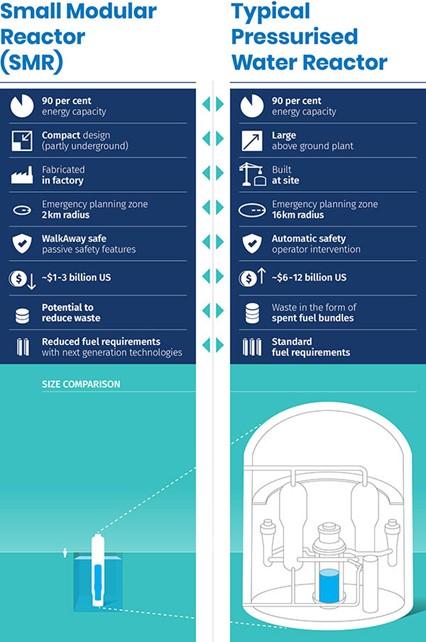Prostate cancer is now the most common cancer diagnosed in Australia, overtaking breast cancer as the country’s leading cause of cancer.
Data just released by the Australian Institute of Health and Welfare estimates 24,217 Australian men will be diagnosed with prostate cancer this year, compared to 20,640 women diagnosed with breast cancer.
The forecast is a 34 per cent increase on previous year.[1] Australia’s peak body for prostate cancer has described the news as a wake-up call.
Prostate Cancer Foundation of Australia Chairman, Adjunct A/Professor Steve Callister, said the data provided further justification for an urgent review of the nation’s Clinical Guidelines for PSA Testing.
“We have written to Federal Health Minister Mark Butler to fast-track our review of Australia’s current PSA Test Guidelines and feel confident that based on these latest figures we will be able to secure his support,” he said.
“The fact is that Australia’s existing guidelines are now six years old and based on outdated data. We hold grave fears that they are putting men’s lives at risk, with 66 men now being diagnosed every day.
“The latest estimates also suggest more than 3,500 men will die from prostate cancer this year, which is a toll we can avoid if the disease is diagnosed early.”
PCFA Chief of Mission and Head of Research, Professor Jeff Dunn AO, said greater awareness would be key to reducing deaths from the disease.
“PCFA surveys have found that 75 per cent of Australians do not know the PSA test guidelines, an alarmingly high level of unawareness that impedes early detection and diminishes population-wide survival prospects.
“If we can diagnose all men at the earliest stage and ensure they have access to new medicines and care, we can beat this disease. For men with a family history of disease, we need to give much clearer guidance about their risks and screening options.
“If we don’t step up and take action, Australian men will continue to die unnecessarily,” he said.
PCFA has also raised concerns about the nation’s capacity to provide best-practice care for the growing number of men being diagnosed with the killer disease and has called for urgent action to reduce waiting times and increase Australia’s health workforce.
Chief Executive Officer, Anne Savage, said the number of men being diagnosed was expected to increase by as much as 43 per cent between now and 2040.
“Nationally, we have seen a fourfold increase in the proportion of men waiting for more than a year for a prostatectomy, with nearly 1 in 10 patients waiting for more than a year in areas where incidence and referrals are higher, as is the case in NSW,” she said.
“MyHospitals website data shows that 50 per cent of men diagnosed with prostate cancer in NSW had to wait more than 10 weeks for surgery, which is clearly a sign of a health system facing severe stress.
“The fact is, the number of men being diagnosed is increasing and will see health services nationwide confronting this same crisis in a short matter of time, because services simply cannot keep up with the need for treatment of newly diagnosed patients.
“We cannot afford to underestimate the impact this will have on our health services, knowing that prostate cancer accounts for more hospitalisations than any other type of cancer in the country.
“Investing now in the restoration of services and staff is urgently needed to ensure safe, timely, and effective care. Without immediate action Australia will be confronted by an increase in excess avoidable deaths from prostate cancer.”
More than 240,000 Australian men are alive today after a diagnosis of prostate cancer at some point in the past 35 years.
“Our population is ageing and increasing, which means more and more men are being diagnosed with prostate cancer every year,” Ms Savage said.
“A review of the Clinical Guidelines for PSA Testing is urgently needed to ensure we triage patients appropriately and diagnose prostate cancers before they spread outside the prostate.
“The consequences if we don’t could be catastrophic for thousands of men at risk of being bottlenecked in a health system that is not coping with the service pressures of the post-COVID period.
“Over 3,500 Australian men will die of prostate cancer this year. With concerted action, many of these deaths can be avoided.
“We hope to bring together government, health services, and patients to create a new way forward,” she said.







